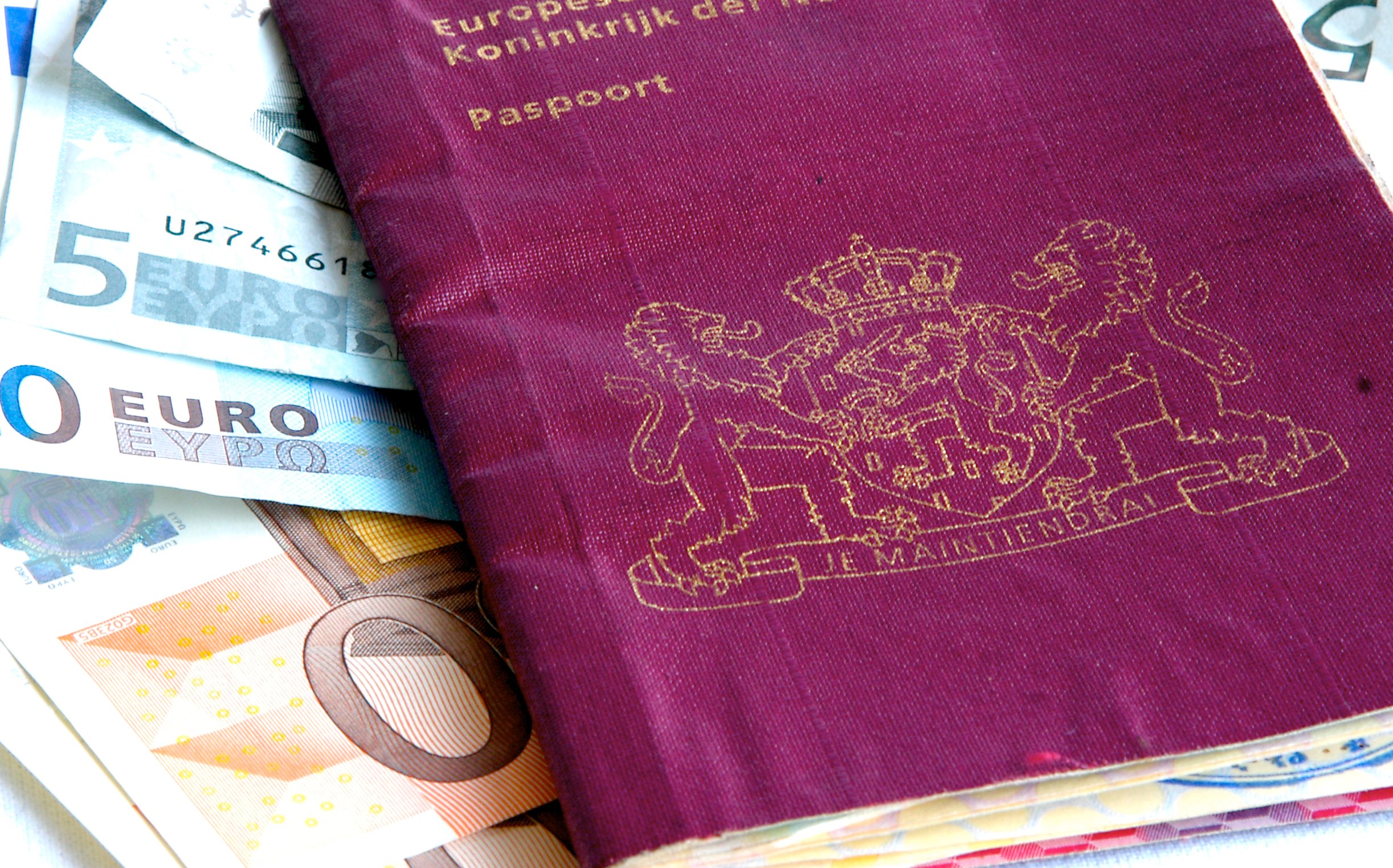GVVA Single Permit Netherlands: Challenges & Alternatives
6:29
If your business is considering hiring talent from outside the EU, the ‘Gecombineerde Vergunning voor Verblijf en Arbeid (GVVA)’, also known as the single permit, may have come up as a potential option. This combined work and residence permit merges the residence and work permits into one document. However, while this might seem like an attractive choice at first glance, there are significant hurdles and conditions that businesses need to be aware of before pursuing this route. In many cases, obtaining a GVVA is more complex than initially expected, and it can pose a challenge for businesses aiming to hire international talent quickly and effectively.
The GVVA is a permit for non-EU workers who want to live and work in the Netherlands. It combines both the residence and work permits into one document. It’s intended for businesses that are unable to find a suitable candidate within the EU for a specific position and need to recruit talent from outside the EU.
However, applying for a GVVA can be a long and complicated process, as both the Employee Insurance Agency (UWV) and the Immigration and Naturalization Service (IND) set strict requirements for the application and conditions that must be met.
The primary challenge for businesses applying for a GVVA is the labor market test. This test requires companies to demonstrate that there are no suitable candidates available within the entire EU to fill the position. This can be a major barrier, as the government expects businesses to show that they have made extensive recruitment efforts and provide evidence that no suitable EU or EEA (European Economic Area) citizen is available for the role.
This means that as an employer, you need to go through a rigorous and well-documented recruitment process. You must show that the position was broadly advertised, both in the Netherlands and across the EU, and that no suitable candidates were found. This often requires several months of recruitment efforts, which can be impractical and time-consuming for many businesses. For each individual application received, the employer must demonstrate why the candidate was unsuitable for the position, and the UWV is often very strict in their decision making.
The legal processing time on a complete application from the moment it has been received by the IND is 90 days. Even if the entire process that the IND and UWV have set out are strictly followed, a process that also takes several months, a positive decision on a GVVA application is hardly guaranteed.
While the labor market test is the big hurdle for obtaining the GVVA permit, there are a number of exemptions that make the process more easy to navigate for businesses in specific sectors and occupations. Here are the main exemptions:
Teachers at International Schools
Teachers at international schools in the Netherlands are exempt from the labor market test. These schools often require educators with specialized qualifications and international certifications, making it difficult to find suitable candidates within the EU.
Trainees and Interns
Foreign nationals coming to the Netherlands for internships or training related to academic or professional development may not need to undergo the labor market test. This exemption is designed to encourage international learning and development opportunities.
Professional Athletes
Top-tier professional athletes recruited by Dutch sports clubs are often exempt from the labor market test. This ensures that the Netherlands can attract high-level international talent to its professional sports industry.
Lenience with Shortage Occupations
Though for these professions there are no blanket exemptions, applications for certain shortage professions are more likely to receive a positive decision to withstand the labor market test than others. Think for example of the healthcare sector where there is a proven shortage of several occupations like doctors, nurses, and certain specialists.
Despite the complexity of the GVVA, there are other permits that may offer a more suitable solution for many businesses. When demand increases, salaries often rise as well and doors open to alternatives other than the GVVA, for instance the Highly Skilled Migrant permit and the EU Blue Card.
The Highly Skilled Migrant (HSM) permit is designed for highly educated workers who want to take up employment in the Netherlands. The employer must prove that the salary meets the requirements for high-skilled employees. The requirements are less strict than the labor market test required for the GVVA, and businesses don’t need to go through a broad recruitment process across the EU to obtain this permit, as long as the salary and job requirements are met. Recognized sponsorship with the IND is required though for the employer.
The EU Blue Card is a similar option for highly skilled individuals and allows them to work in other EU member states as well. The requirements for the EU Blue Card are slightly stricter than for the Highly Skilled Migrant permit, but the procedures are simpler than the GVVA. This card offers a faster route to a work permit for foreign workers with the right skills and experience, without having to go through a lengthy labor market test, and no recognized sponsorship is required.
Obtaining a single permit/ GVVA is often a more complicated process for businesses looking to hire talent from outside the EU than it may appear at first sight, and in many cases in fact not achievable at all. The biggest obstacle is the labor market test, which requires companies to prove that no suitable candidates are available within the entire EU for the position. In many cases, the Highly Skilled Migrant permit and the EU Blue Card offer better and faster alternatives for businesses that want to attract highly skilled employees from outside the EU.
If you are curious to find out more about the possibilities to obtain a residence permit for an employee from outside the EU, please feel free to contact us for tailored advice and support.

Ensure market-conform salaries for immigration compliance in the Netherlands. Learn how to align HR policies with immigration regulations to support Highly Skilled Migrant and EU Blue Card applications.

Discover the 2026 Dutch highly skilled migrant salary thresholds, how annual indexation affects applications, extensions, and employer changes.

Discover the new salary thresholds for highly skilled migrants and Blue Card holders in 2026 and explore future policy changes affecting migration to the Netherlands.

Discover how the reduced salary threshold for Highly Skilled Migrants in the Netherlands benefits both employers and recent graduates. Learn eligibility criteria and key considerations.

Discover the new salary thresholds for highly skilled migrants and Blue Card holders in 2026 and explore future policy changes affecting migration to the Netherlands.

Navigating the complexities of becoming a highly skilled migrant can be challenging, but understanding the requirements is the first step.

Your guide to the EU Blue Card in the Netherlands. See 2025 requirements, salary thresholds, and how it compares to the HSM permit.

Avoid costly fines when hiring non-EU students in the Netherlands. This guide covers work permits, working hour limits, and administrative duties for employers.

Hiring non-EU talent as a non-profit in the Netherlands? Learn the pros, cons & criteria of key permits like the Highly Skilled Migrant, GVVA & EU Blue Card. Find out which fits your organization best and get expert help to simplify the process!

Looking to hire top global talent fast? Learn how your Dutch startup can hire highly skilled migrants using an Employer of Record—skip the red tape, stay compliant, and scale smarter. Discover the benefits and process in our guide.

Discover the ins and outs of holiday allowance in the Netherlands, including how it’s calculated, when it’s paid, and why it’s an essential perk for employees in the Netherlands.
Subscribe to our newsletter and stay ahead with the latest insights and developments in global employment mobility, delivered straight to your inbox.
By subscribing you agree to with our Privacy Statement